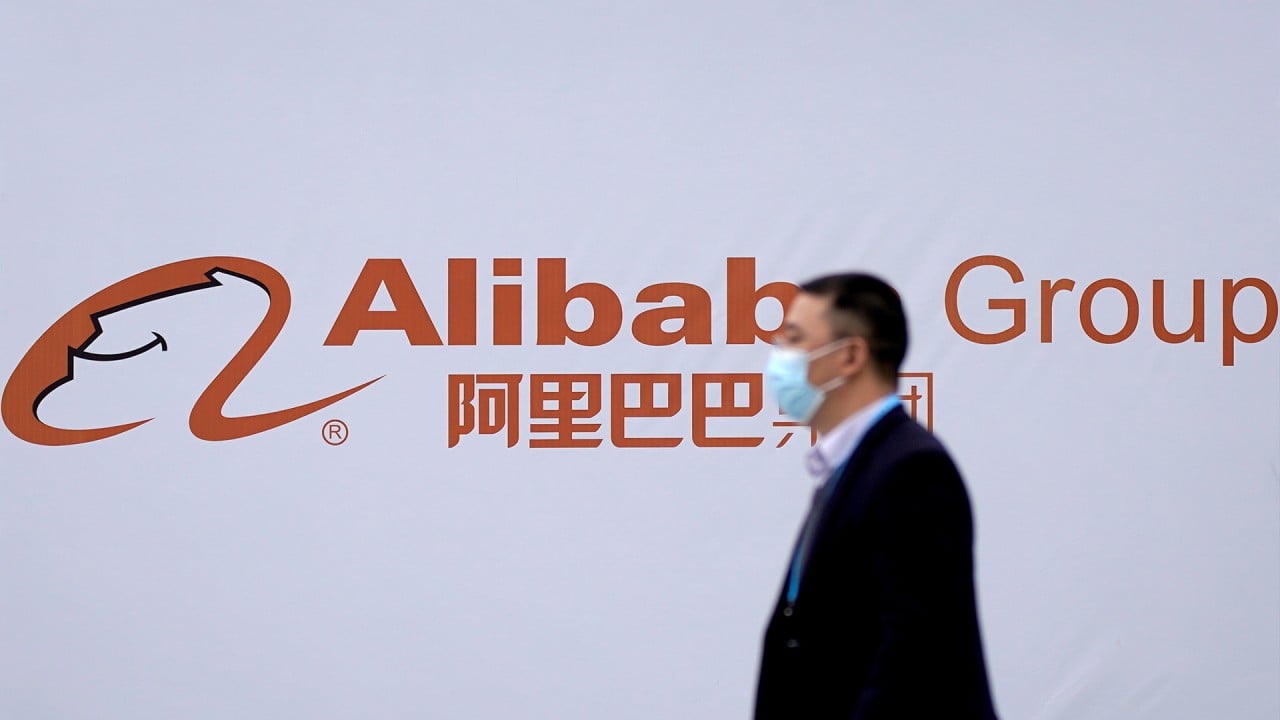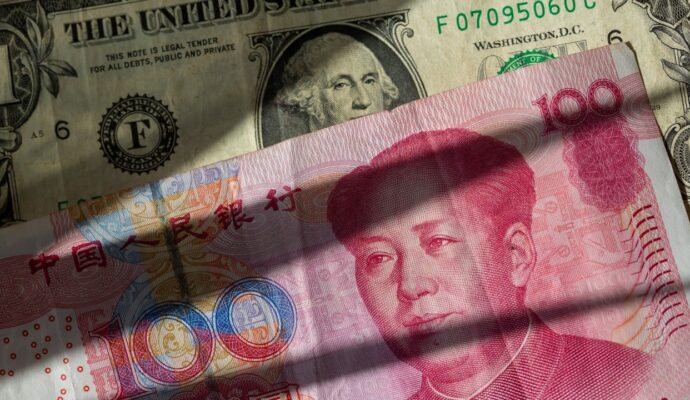
The controversy of CNKI came under spotlight when the Chinese Academy of Sciences (CAS), the country’s top natural science research institution, said in April it would suspend its use of the country’s largest online academic database because of its hefty annual fees.
The SAMR investigation showed that the academic database fees have been increasing at an annual rate of over 10 per cent since 2014, with price hikes over 30 per cent for certain clients. Yet, its costs of acquiring academic papers merely rose by 1.5 per cent each year.
CNKI started building its massive collection of published academic papers in the late 1990s, as internet use started to take off in China. It was initiated under Tsinghua University’s commercial arm Tsinghua Tongfang as a service for local universities and research institutions with the approvals of Chinese authorities.
CNKI built its market dominance by amassing over 95 per cent of Chinese academic papers that were formally published, according to SAMR’s investigation. Its platform accounted for nearly 70 per cent of the total revenues of all Chinese academic data providers in 2021.
The penalty was the latest move by market regulators to discipline the “platform economy” in the country, following record fines imposed on domestic tech giants including Alibaba Group Holding and Meituan for “pick one from two” monopolistic practices.
E-commerce giant Alibaba, owner of the South China Morning Post, last year paid a record 18.2 billion yuan fine, or 4 per cent of its 2019 domestic sales, after an antitrust investigation. On-demand local services provider Meituan was fined 3.44 billion yuan, or 3 per cent of its domestic revenue, in 2020.
CNKI’s cybersecurity investigation was the first such inquiry since China put new regulations to work in February, which require an additional layer of oversight for tech platforms that seek to conduct initial public offerings (IPOs) in foreign markets.


